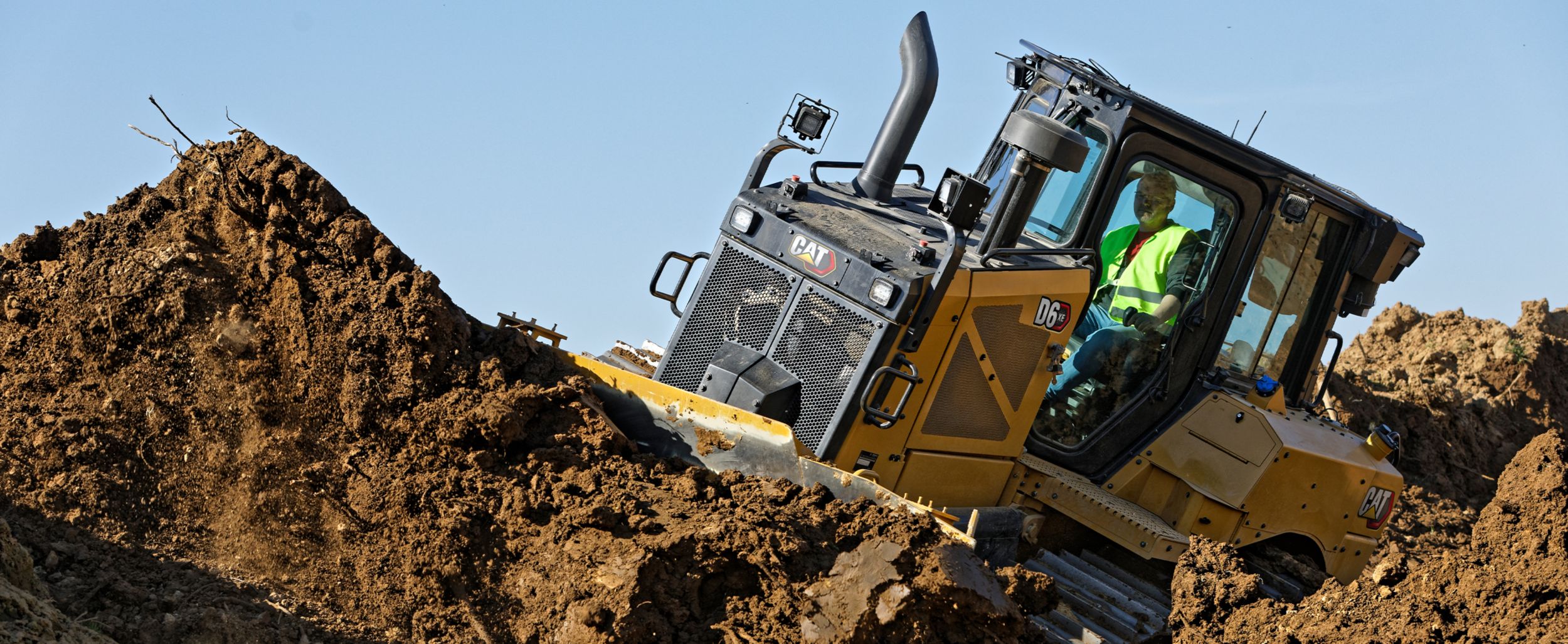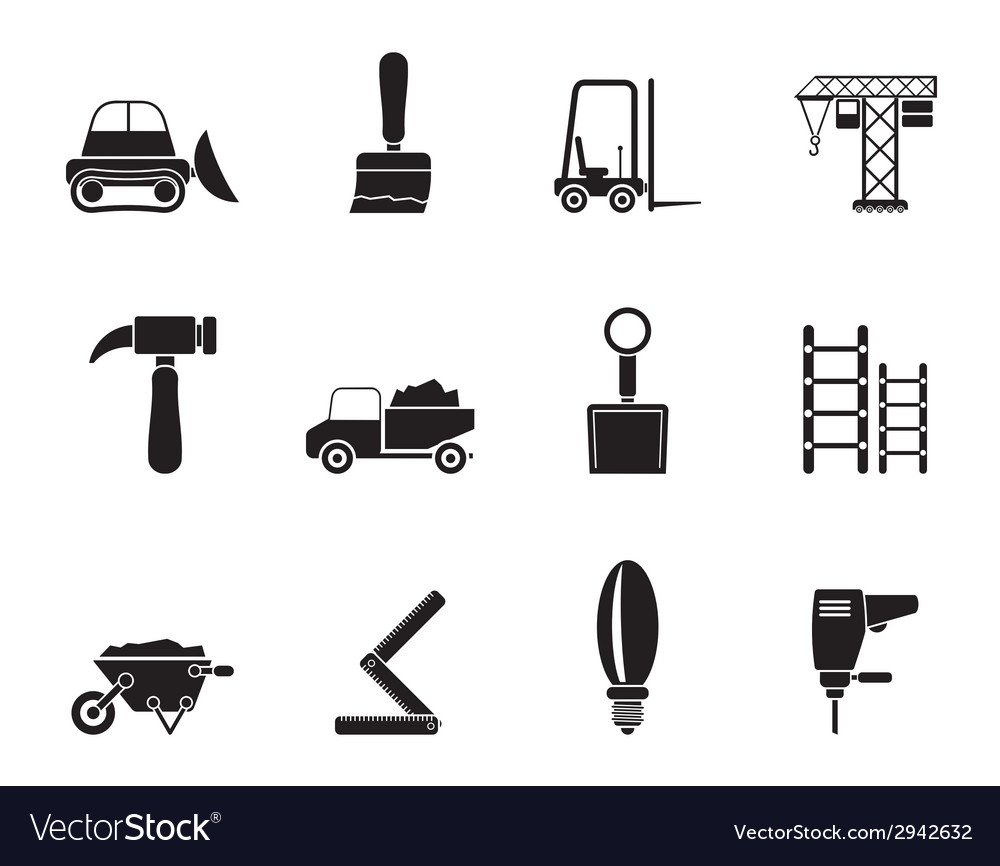Scissor Lift Rental in Tuscaloosa AL: Safe and Reliable Lifting Solutions
Scissor Lift Rental in Tuscaloosa AL: Safe and Reliable Lifting Solutions
Blog Article
Exploring the Financial Advantages of Renting Building Devices Contrasted to Possessing It Long-Term
The decision in between renting and possessing construction tools is essential for economic administration in the sector. Renting out offers instant cost financial savings and operational flexibility, allowing business to allot sources more successfully. In comparison, ownership features substantial lasting financial dedications, consisting of maintenance and devaluation. As specialists weigh these alternatives, the influence on capital, task timelines, and innovation accessibility becomes significantly considerable. Comprehending these nuances is important, particularly when considering exactly how they straighten with certain task demands and financial approaches. What variables should be prioritized to ensure optimum decision-making in this complicated landscape?

Expense Contrast: Leasing Vs. Having
When reviewing the economic implications of leasing versus possessing construction equipment, a detailed price comparison is crucial for making notified decisions. The choice in between leasing and having can considerably affect a company's bottom line, and understanding the connected costs is critical.
Renting out building and construction devices normally involves reduced ahead of time costs, permitting services to assign capital to other functional requirements. Rental agreements often include flexible terms, allowing companies to access progressed machinery without long-lasting dedications. This flexibility can be particularly useful for temporary jobs or rising and fall workloads. Nonetheless, rental prices can collect gradually, possibly exceeding the cost of ownership if tools is needed for a prolonged duration.
Alternatively, possessing building and construction equipment calls for a significant first financial investment, together with recurring prices such as devaluation, insurance, and financing. While ownership can result in long-term savings, it additionally connects up funding and might not provide the same level of flexibility as renting. In addition, owning equipment requires a dedication to its application, which may not constantly straighten with project needs.
Eventually, the decision to rent out or possess ought to be based on a thorough analysis of details project needs, monetary ability, and long-lasting calculated objectives.

Upkeep Expenses and Duties
The option in between owning and renting building and construction equipment not just entails economic factors to consider but likewise includes recurring upkeep expenses and responsibilities. Owning equipment requires a considerable dedication to its upkeep, which includes regular assessments, repair services, and possible upgrades. These obligations can rapidly collect, resulting in unforeseen expenses that can stress a budget plan.
In comparison, when renting tools, maintenance is commonly the duty of the rental firm. This plan enables professionals to avoid the economic burden connected with wear and tear, along with the logistical difficulties of organizing fixings. Rental contracts usually consist of stipulations for upkeep, indicating that service providers can concentrate on completing tasks instead than stressing over tools problem.
Moreover, the diverse series of tools offered for rental fee allows companies to choose the most up to date designs with sophisticated technology, which can enhance effectiveness and performance - scissor lift rental in Tuscaloosa Al. By choosing for rentals, organizations can stay clear of the long-lasting obligation of devices devaluation and the connected upkeep frustrations. Eventually, evaluating maintenance costs and obligations is essential for making an informed decision concerning whether to have or rent building equipment, significantly affecting overall job expenses and operational efficiency

Depreciation Influence On Possession

A considerable element to think about in the decision to possess building and construction equipment is the effect of devaluation on overall ownership costs. Depreciation stands for the decline in value of the tools over time, affected by variables such as use, deterioration, and innovations in modern technology. As tools ages, its market worth diminishes, which can significantly influence the owner's economic setting when it comes time to trade the devices or sell.
For construction business, this devaluation can translate to substantial losses if the tools is not used to its maximum potential or if it lapses. Proprietors should account for depreciation in their monetary estimates, which can lead to greater overall expenses contrasted to renting. In addition, the tax ramifications of depreciation can be complicated; while it may supply some tax obligation advantages, these are often offset by the reality of decreased resale worth.
Ultimately, the burden of depreciation emphasizes the importance of comprehending the lasting monetary dedication entailed in possessing building and construction devices. Business should thoroughly assess how typically they will use the tools and the possible financial effect of devaluation to make an enlightened decision about ownership versus renting.
Monetary Flexibility of Leasing
Renting out building and construction equipment offers significant economic versatility, enabling firms to assign sources extra effectively. This adaptability is specifically essential in a sector defined by rising and fall job demands and differing work. By choosing to rent, services can prevent the significant funding outlay needed for acquiring devices, maintaining money circulation for various other functional needs.
Furthermore, leasing devices enables companies to customize their equipment options to specific task requirements without the lasting commitment connected with possession. This suggests that organizations can conveniently scale their equipment stock up or down based on present and expected job needs. Consequently, this flexibility decreases the risk of over-investment in machinery that may become underutilized or outdated in time.
One more monetary advantage of renting is the capacity for tax advantages. Rental repayments are commonly thought about home general expenses, permitting immediate tax reductions, unlike depreciation on owned equipment, which is topped several years. scissor lift rental in Tuscaloosa Al. This immediate expense acknowledgment can additionally enhance a firm's cash company website money placement
Long-Term Task Considerations
When assessing the lasting requirements of a construction business, the decision between renting out and possessing equipment becomes a lot more complicated. For jobs with extended timelines, buying devices might seem beneficial due to the potential for reduced general costs.
In addition, technical skid steer laser grader rental innovations present a considerable factor to consider. The building and construction sector is progressing quickly, with brand-new equipment offering boosted efficiency and safety attributes. Renting permits companies to access the newest innovation without devoting to the high upfront expenses connected with purchasing. This versatility is specifically helpful for companies that take care of diverse jobs calling for different kinds of equipment.
Additionally, financial stability plays a vital role. Having equipment commonly involves considerable funding financial investment and devaluation problems, while renting enables more predictable budgeting and capital. Inevitably, the choice in between having and renting out needs to be lined up with the critical goals of the building company, considering both anticipated and existing task needs.
Conclusion
Finally, renting out construction devices offers substantial monetary advantages over lasting ownership. The minimized in advance costs, removal of upkeep obligations, and evasion of depreciation add to enhanced cash money circulation and monetary adaptability. scissor lift rental in Tuscaloosa Al. In addition, rental settlements act as prompt tax deductions, additionally profiting service providers. Inevitably, the choice to rent as opposed to very own aligns with the vibrant nature of building and construction tasks, enabling for adaptability and access to the most up to date devices without the financial burdens connected with possession.
As devices ages, its market worth diminishes, which can significantly influence the proprietor's economic setting when it comes time to trade the equipment or market.
Leasing building and construction devices supplies substantial financial flexibility, permitting firms to allot resources more successfully.In addition, leasing equipment allows firms to customize their equipment options to particular job demands without the lasting commitment associated with possession.In verdict, leasing building and construction devices provides substantial monetary advantages over lasting ownership. Eventually, the choice to rent rather than very own aligns with the vibrant nature of building and construction jobs, allowing for flexibility and access to the latest equipment without the economic concerns connected with possession.
Report this page